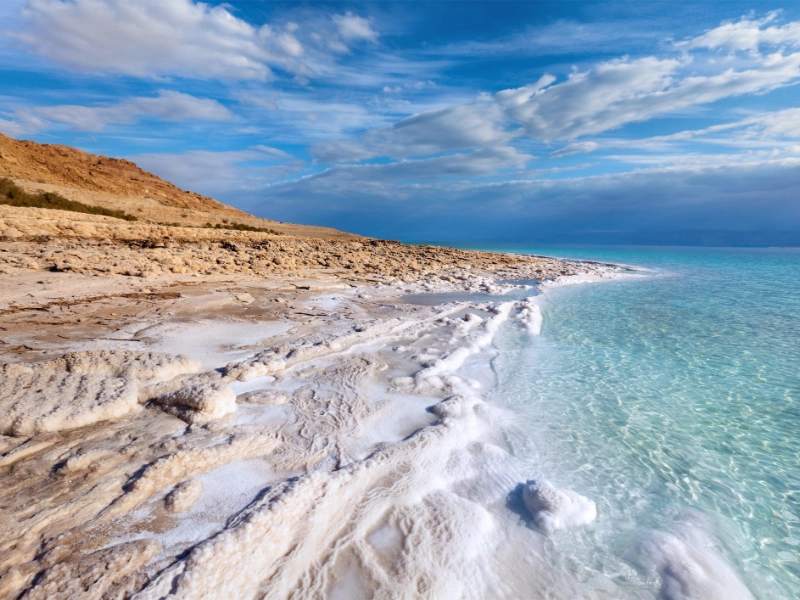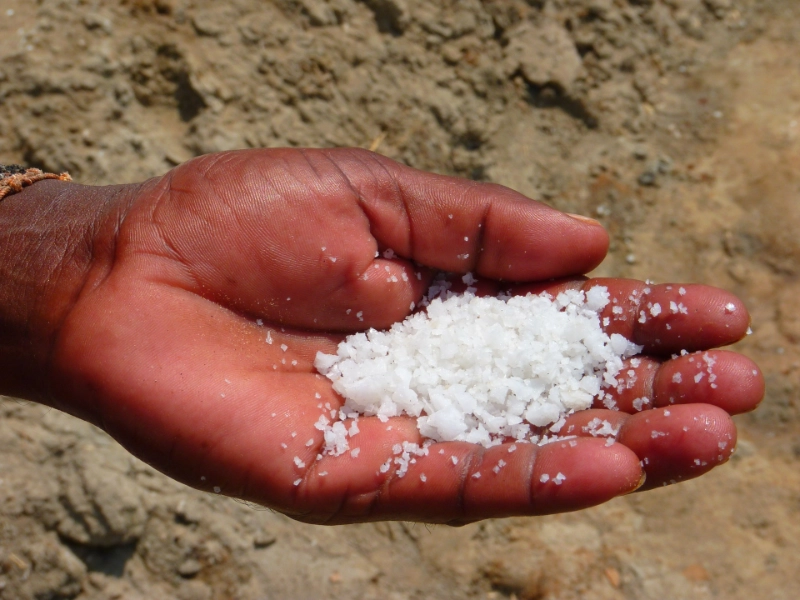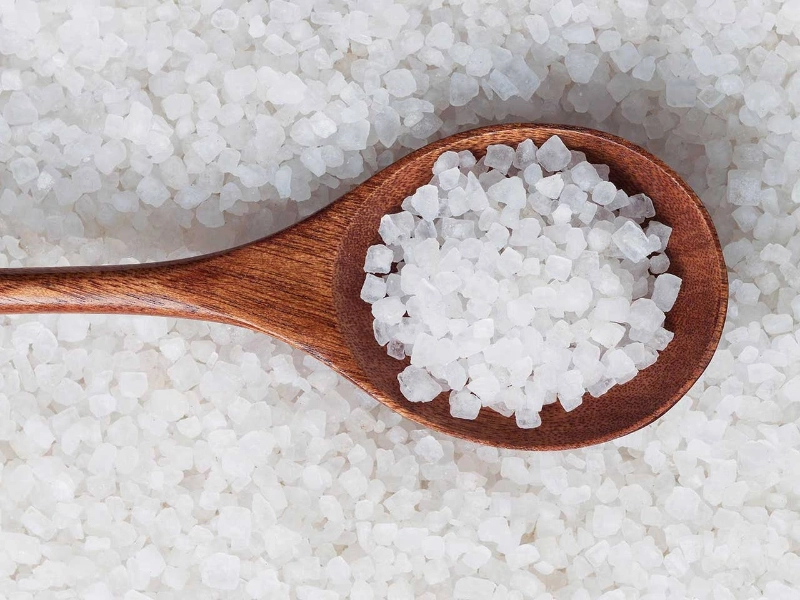Which type of salt water can cause ear infections in dogs?
advertisement
Salt in the Sea

advertisement
Dogs that regularly swim in lakes, oceans or swimming pools may be more vulnerable to ear infections than those who don't. Water in the ears creates a moist environment which invites bacteria and yeast growth.That is why it is essential to keep your dog's ears dry after swimming and give them plenty of fresh water before another dip. If you find that your pup's ears become irritated after a swim, try gently wiping them with a soft towel to remove excess moisture.
Salt in the Land

Water trapped in your dog's ears can lead to fungal and bacterial ear infections, which are painful for your pup and make him miserable.If your pup suffers from frequent ear issues, it's essential to keep their ears clean and dry after baths or swimming. Use an effective ear cleaner that contains drying agents in order to evaporate any water that accumulates inside your pup's ears.
Salt in the Water

Salt water should never be given to dogs as it can lead to an ear infection known as otitis externa.Certain dogs are more prone to ear infections than others. Examples include those with horizontal or vertical ear canals (like some breeds like the Husky).
Salt in the Air

Many dogs with ear infections are the result of a combination of environmental or food allergies, along with yeast overgrowth. When this happens, the immune system responds with an intense inflammatory reaction.When this reaction reaches the ears, it can cause intense redness and itching - sometimes as severe as tomato rash.It may produce an ear discharge which is thick, foul-smelling, and bloodred in color.
advertisement
You May Like
advertisement







